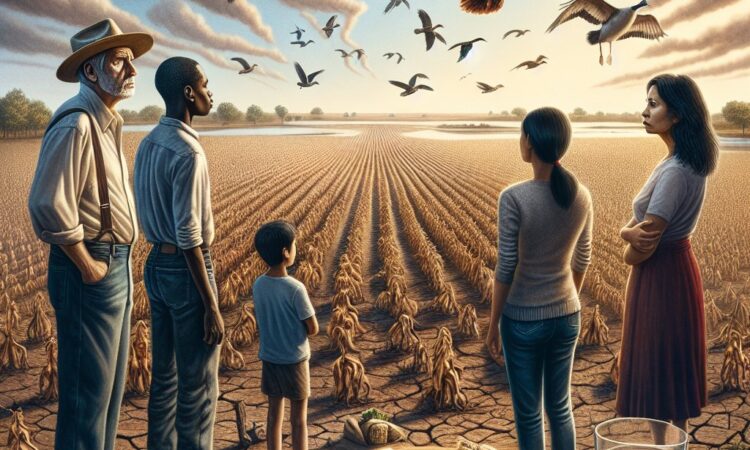Global Food Crisis
The global food crisis refers to a period of high food prices and shortages that have impacted various regions around the world. This crisis has been exacerbated by a combination of factors, including the ongoing COVID-19 pandemic, the war in Ukraine, and extreme weather events.
The COVID-19 pandemic has severely disrupted global food supply chains, causing significant challenges in the production, distribution, and access to food. Lockdown measures, international travel restrictions, and labor shortages have resulted in disruptions at every stage of the food supply chain, leading to scarcity and increased prices.
Additionally, the war in Ukraine has further contributed to the global food crisis. Ukraine is known as the “breadbasket of Europe” due to its rich agricultural resources. However, the conflict has severely affected the country’s ability to produce and export crops like wheat, corn, and barley, leading to a reduction in global food supply.
Extreme weather events, such as droughts, floods, and hurricanes, have also played a significant role in the food crisis. These events have resulted in the destruction of crops, loss of livestock, and infrastructure damage, impacting the agricultural sector and creating food shortages in affected regions.
The consequences of the global food crisis are dire. Rising food prices put a strain on vulnerable populations and exacerbate global hunger and food insecurity. Inadequate access to nutritious food has long-term implications for public health, leading to malnutrition and increased susceptibility to diseases.
Addressing the global food crisis requires a multi-faceted approach. This includes investing in sustainable agriculture practices, improving food distribution systems, promoting international cooperation, and implementing policies to mitigate the impact of climate change on agriculture.
In conclusion, the global food crisis, influenced by the COVID-19 pandemic, the war in Ukraine, and extreme weather events, is a pressing issue affecting the world today. By understanding the causes and taking action, we can work towards ensuring food security and reducing the impact of high food prices and shortages on vulnerable populations.

